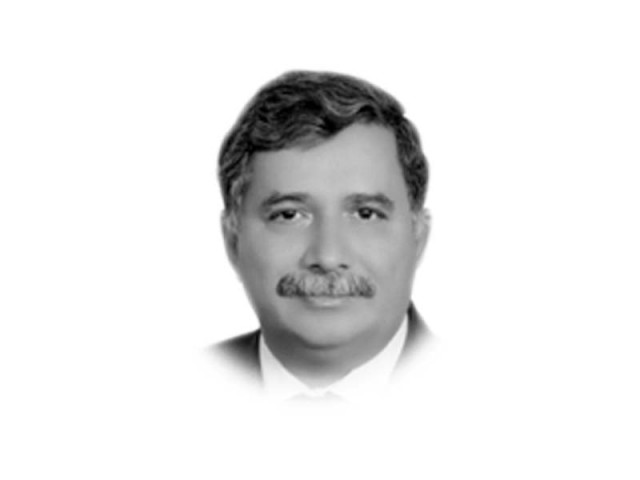Peace talks with TTP
Kinetic use of force against insurgents and terrorists has at times attracted scathing criticism

Pakistan is once again confronted with the challenge of pushing the genie of terrorism back into the bottle. Among those behind the unabated cycle of violence, Tehrik-e-Taliban Pakistan (TTP), Islamic State-Khorasan (IS-K) and Balochistan Liberation Army (BLA) are stated to be the major actors.
Having long been involved in the fight against terrorism and insurgency, the government’s security apparatus has gained tremendous experience in counterterrorism operations. It has, in the process, developed data bank on the presence of operators at different locations, their modus operandi and related aspects. As part of the counterterrorism strategies, the government and its security apparatus have been using all possible ways and means, including negotiations, to defuse the situation from time to time.
Kinetic use of force against insurgents and terrorists has at times attracted scathing criticism. The state has thus also inked peace agreements with insurgents such as Shakai Agreement with Neak Muhammad; Sararogha with Bait Ullah Mehsud; Miranshah Peace Accord with Hafiz Gul Bahadur, Maulana Sadiq Noor and Maulana Abdul Khaliq; Khyber Agency Pact; First Swat Peace Agreement with Mulana Sufi Muhammad; and Second Swat Peace Agreement with Muslim Khan, Ali Bakht, Maulana Muhammad Amin, Mehmood Khan and Nisar Khan.
The aforementioned agreements did bring temporary respite at the local level, but the problems multiplied in the larger context, for which the state had to undertake grand operations in Swat, North Waziristan and Khyber to throw out parallel governments operating there — in what indeed was a great success.
Since militants of various shades are currently stepping up terrorist acts both against soft and hard targets, the state is once again considering the option of talks. The reason behind opting for talks may well be due to the fact that the state in currently facing at least three formidable groups with different agendas i.e. TTP, IS-K and BLA. Tactically, once free from TTP, the state may take on the others. The other main reason for entering into talks with TTP is that they enjoy safe havens in Afghanistan, and the government there is reluctant to initiate any action to squeeze their space. In an alternative, the Afghan government has offered to broker peace agreement.
Now that there are reports of talks being undertaken with the blessings of the Taliban regime in Afghanistan, a frequently asked question is: should negotiations be held in the first place? Will peace agreement produce desirable results?
Well, if the history is any guide, all big conflicts have ended on the talks table. The World Wars, Pak-India War of 1965 and East Pakistan conflict are cases in point. Even within the countries, conflicts have been resolved through negotiations. States normally keep all the options open in the greater public interest. There is no harm in holding talks with the objective of restoring peace and ensuring rule of law.
While no one can question efforts for peace via negotiations, question always remains, like: under what conditions? Will the talks result in a just and comprehensive peace? Will due process of law be followed?
The nation may take a sigh of relief if the TTP leadership and cadres agree to give up arms; not to carry illegal weapons; to face trials, well those directly involved in acts of terror; to abide by the law and the Constitution; not to indulge in sectarian activities; to remain under surveillance under the law; and not to force jirgas upon people. The Afghan government should stand a guarantor and take appropriate action in case of violation. And while an olive branch is being offered to insurgents, magnanimity should also be shown to those political workers and elected representatives who are languishing in prisons for expressing dissenting views, so as to dispel the impression that only religious zealots are given concessions.
While no sane person can be against peace, but peace at what cost is the concern. Peace must be just, durable and not merely a document of surrender.
Published in The Express Tribune, June 1st, 2022.
Like Opinion & Editorial on Facebook, follow @ETOpEd on Twitter to receive all updates on all our daily pieces.















COMMENTS
Comments are moderated and generally will be posted if they are on-topic and not abusive.
For more information, please see our Comments FAQ